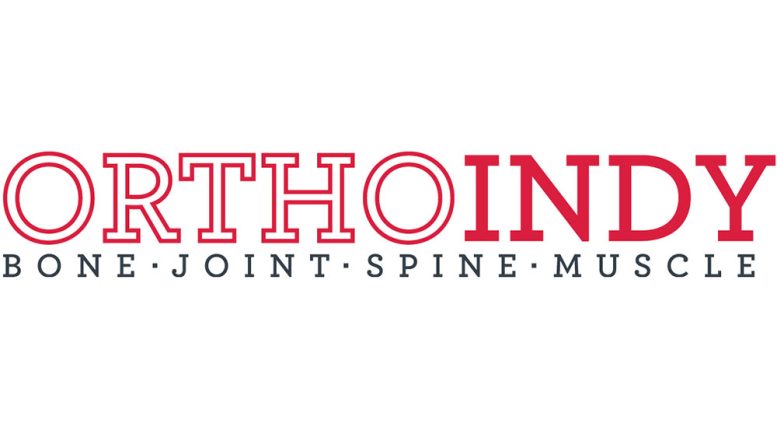Indiana residents with degenerative disc disease are invited to learn more about participating in this ongoing spinal fusion study
OrthoIndy continues to lead the way in orthopedic and spine care advancements by enrolling and treating the first patient worldwide with a new spinal fusion implant using an innovative spine surgery approach. Several months after becoming the first orthopedic practice globally to treat patients in the OASIS clinical trial using the transforaminal interbody fusion (TLIF) technique, OrthoIndy has now successfully performed the first spine surgery with this innovative product using the anterior lumbar interbody fusion (ALIF) approach.
OsteoAdapt SP is a cutting-edge spinal fusion implant developed by Theradaptive, Inc, to address the challenges of traditional bone grafts and artificial implants used in spinal fusion surgeries. In December, Theradaptive announced that OsteoAdapt SP received FDA approval to study the product in conjunction with the ALIF technique. The first patient was treated at OrthoIndy shortly thereafter by Dr. M. Craig McMains, marking another significant milestone in the field of spine care.
“This patient experienced noticeably less pain upon leaving the hospital than when he arrived,” Dr. McMains said. “Offering innovative solutions like OsteoAdapt SP with the ALIF approach reinforces OrthoIndy’s commitment to advancing spine care and improving patient outcomes.”
Significant differences in TLIF & ALIF approaches
The TLIF and ALIF approaches differ significantly in their surgical techniques. In the TLIF approach, the patient lies on their stomach while the surgeon inserts the implant into a small cage placed within the spine’s disc space. Additionally, bone recovered from the patient during surgery aids in the healing process.
In contrast, the ALIF technique involves accessing the spine through the abdomen while the patient lies on their back. This approach minimizes trauma to the muscles, reduces blood loss, and enables the use of a larger implant cage for enhanced stability and improved fusion outcomes. Typically, bone is not recovered from the patient using this method, so there is a greater demand for a high-performing synthetic bone graft like OsteoAdapt SP.
OsteoAdapt SP contains a specially engineered protein designed to encourage bone growth while eliminating the risks of disease transmission that can be associated with donor bone grafts. It may also reduce or prevent chronic pain some patients experience with bone grafts recovered from their own bodies.
“Conducting a clinical trial with ALIF allows us to address the unique demands of this approach and help a broader range of patients,” Theradaptive CEO Dr. Luis Alvarez said. “We’re proud to partner with OrthoIndy to deliver advanced therapeutic solutions that redefine spinal fusion care.”
Dr. David Schwartz, another spine surgeon at OrthoIndy, performed the trial’s first TLIF procedure in 2024.
“Theradaptive’s technology represents a significant advancement in applying bone-forming proteins,” Dr. Schwartz said. “We’re honored to be part of this critical study, which has the potential to reshape spinal fusion outcomes worldwide.”
Seeking additional trial participants
As leaders in the Phase I/II OASIS trial, Drs. McMains and Schwartz are actively recruiting additional patients with degenerative disc disease to participate in this ongoing study. The trial includes comprehensive monitoring and advanced imaging to ensure safety and track progress.
OrthoIndy invites Indiana residents with degenerative spinal conditions to learn more about this promising alternative to traditional spinal fusion. For more information or to schedule an assessment with Drs. McMains or Schwartz, please call OrthoIndy at (317) 802-2000.

